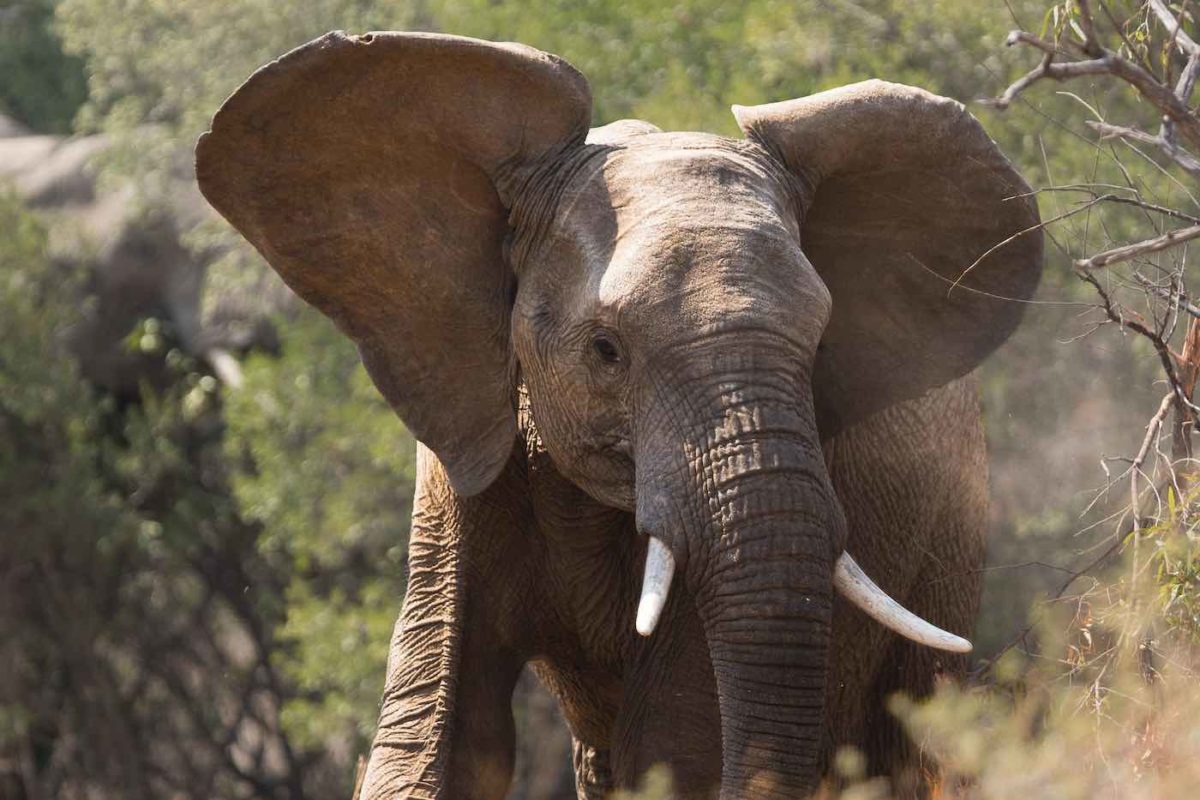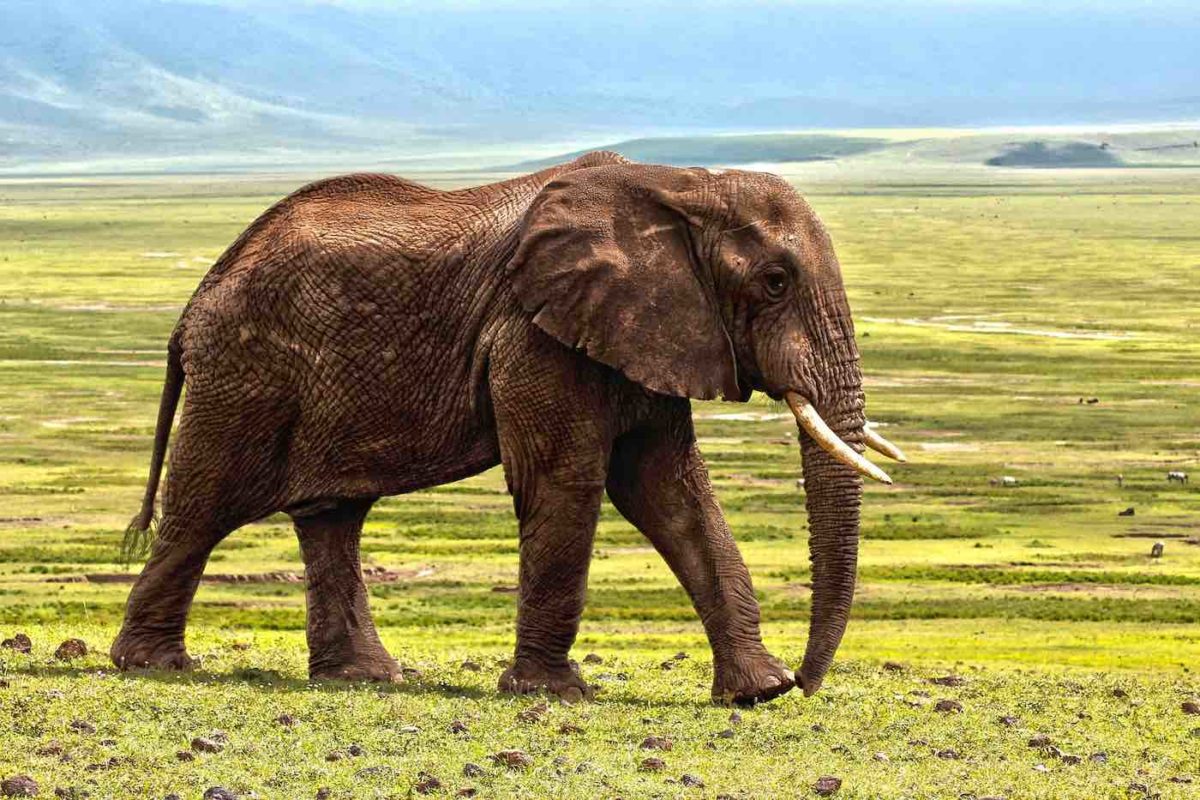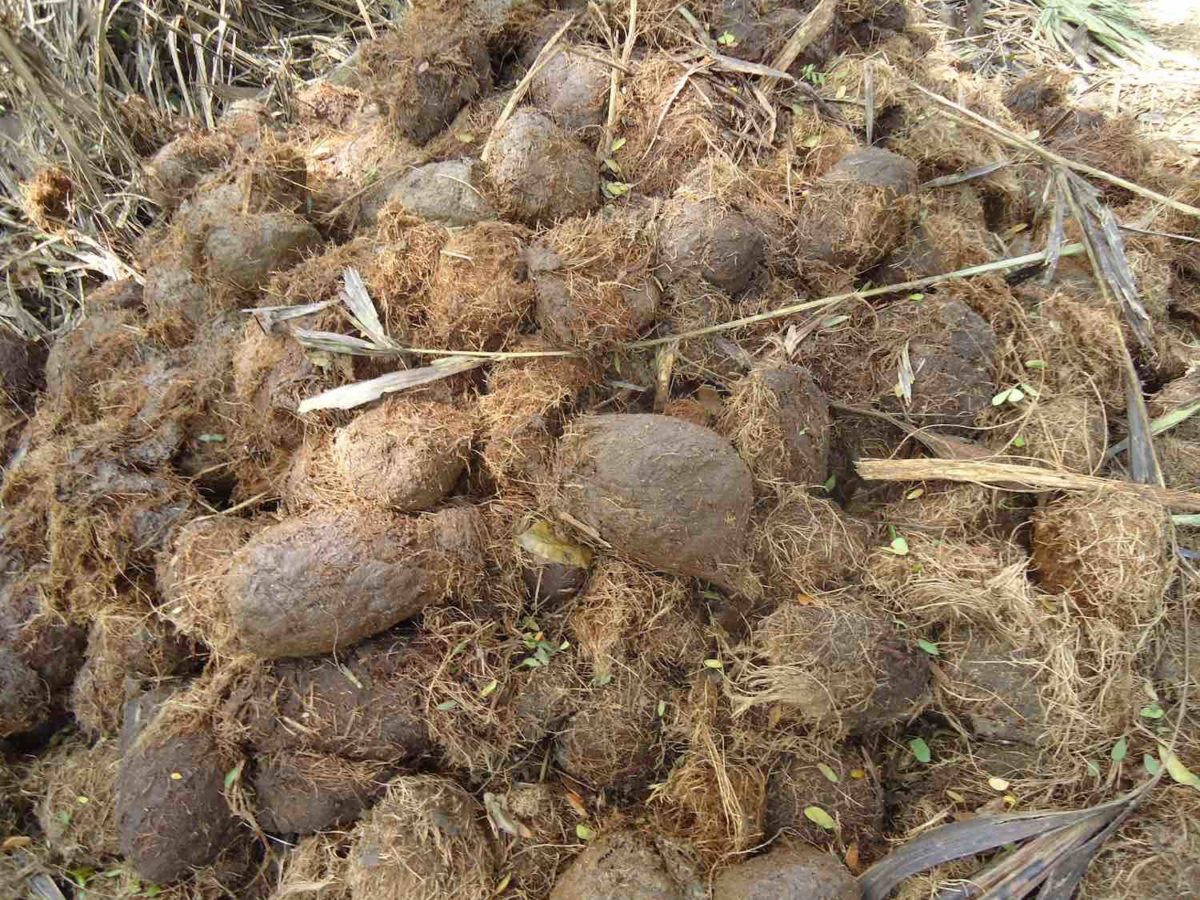For an elephant, their huge ears are crucial to their survival beyond only hearing.
The large size of the elephant ears allows them to regulate their body temperature, mainly to drop their body temperature during hot days.
Blood vessels in the ear are close to the surface, so when they need to cool down, they flap their ears to create airflow and release heat.
Read on to find out more reasons why the Elephants have such big ears as well as differences in ear size between the different species of Elephants.


